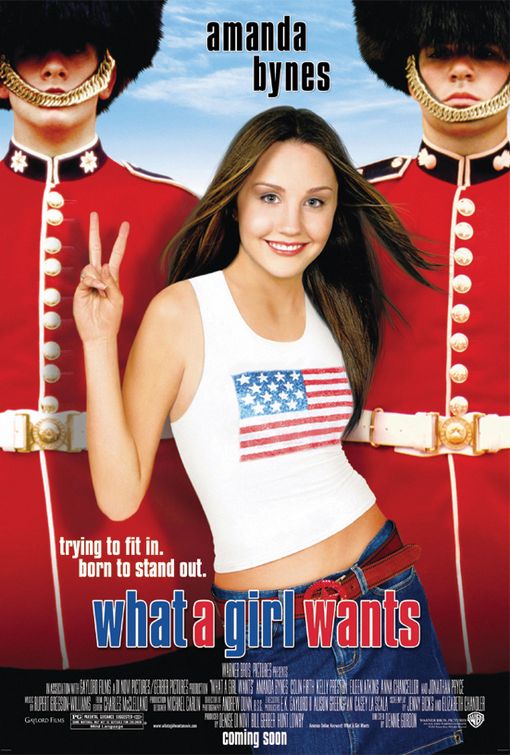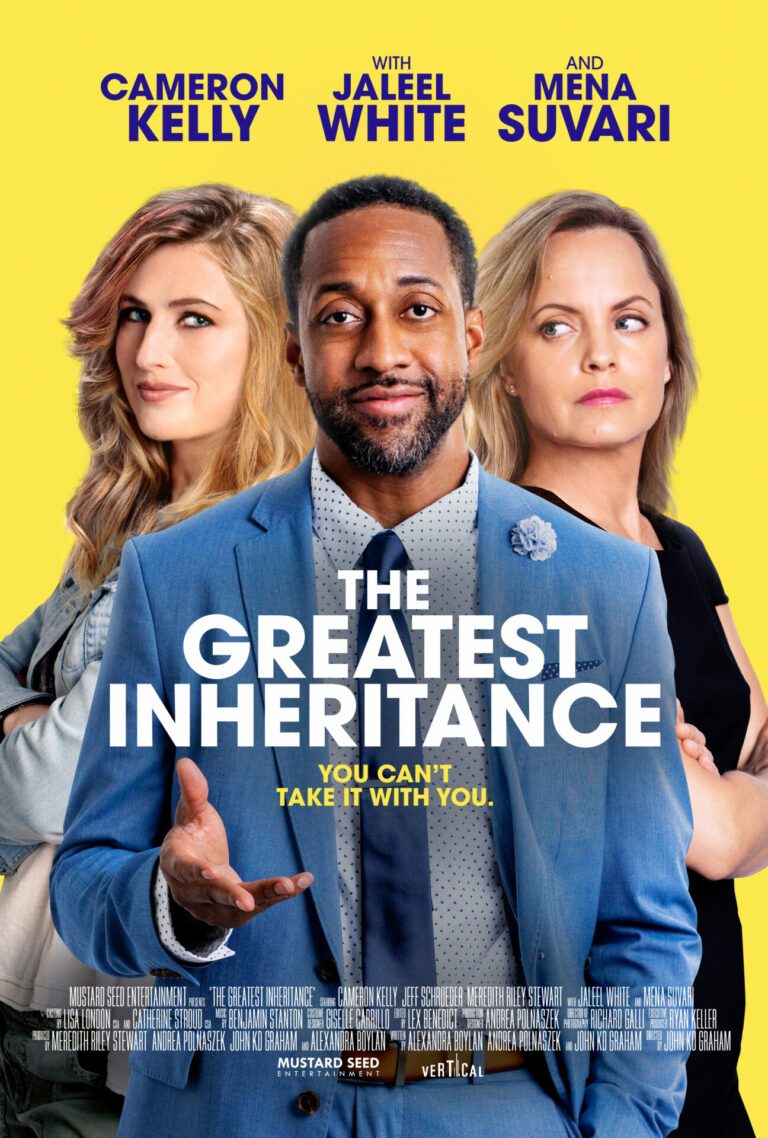
Could You Live Without Social Media?
By Movieguide® Contributor
A new study reveals how and why people use social media.
Pew Research’s focus groups concentrated on “highly engaged” social media users.
These people used multiple platforms frequently, frequently shared things or commented when using social media and found posting important for self-expression.
“How do people create the social media environment they hope to enjoy? What choices and calculations do they make about what to reveal, where to reveal it and who might be watching? How do the platforms that companies provide shape the experiences they have?” Pew asked in a social media post.
“No single ‘social media experience’ emerged from their stories,” Pew shared. Rather, “they form a detailed snapshot of what life on platforms look like for these highly engaged users.”
For these people, social media has become an indispensable part of life because of their social connections and support networks.
“I like Facebook because of the different groups that you can join… And it lets you know that you’re not alone on whatever it is that you’re experiencing,” a woman in her 50s said.
“I’m the type of person that goes to social media to encourage and help others, it I can. Then I actually learn stuff and get encouraged from helping other people as well because I’m a firm believer that what we go through in life is not always about us. So I use Facebook as a way to encourage and help people,” said another woman in her 40s.
While social media connects, users don’t usually get the full picture of someone’s life.
“I truly feel I’m the same person on social media and when you meet me. I’m definitely one of those people who pride myself on that…[I use] the same tone, the same attitude, the same emotions, everything is the same for me,” said a woman in her 30s.
“I definitely don’t think anyone would ever know the real me from social media, like probably 25% [of] me,” a man in his 40s added, juxtaposing the two extremes.
The study also found that people use different platforms for different purposes, often curating content depending on who will see it.
“Twitter is more serious for me. Snapchat is a playground. We just get on there and post a bunch of goofy, great filters…Then Facebook is more of a neighborhood or a village in a way. You can create your own set of, I guess, people that understand you…Instagram…is a picture book… [Twitter is] politics and world events. I get a lot of news on my Twitter,” a woman in her 20s explained.
“I use Instagram versus Facebook to separate friends and family. [I put] stuff I don’t want my family to see on Instagram and stuff I don’t want my friends to see on Facebook,” said a man in his 20s.
Users also curate their feeds to protect themselves. Due to cancel culture and political correctness, many worry that their social media presence could be used against them.
“I think you have to be kind of apprehensive about what you post on Facebook because you can be labeled a bigot [for] giving your opinions on certain things,” said a woman in her 60s. “There are certain topics that I just avoid.”
“People screenshot [things others say]. And take the private [conversation] out of the private and make it public. It’s not safe [to express political views],” said a woman in her 20s.
This study provides a general picture of social media use, highlighting the positives and negatives of these platforms becoming engrained in our everyday lives.
Movieguide® previously reported on social media:
A recent NBC News survey revealed that most participants believe social media in America is more divisive than it is unifying.
NBC News surveyed 1,000 American adults with different political views and diverse backgrounds. The majority of young adults and seniors said that social media is divisive—61% and 71%, respectively.
Politically, 77% of Republicans, 54% of Democrats, and 65% of independents said that social media sites like Twitter and Facebook promote disunity. Ethnically, 70% of white individuals and 65% of Latinos agreed.
Around 40% of black participants said that the media helped unify America. Only 42% said that it hurts unifying as a country.
For frequent social media users, at least once per day, just below 50% said that it bettered their life and 37% said it harmed their lives.
Questions or comments? Please write to us here.


 - Content:
- Content: 

